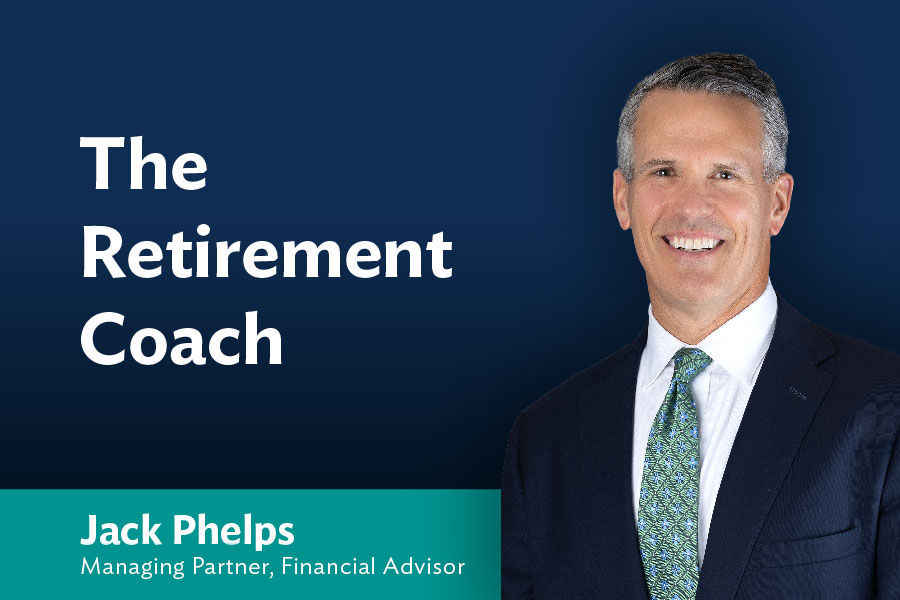Should You Pay Off Your Mortgage Before You Retire?

Should You Pay Off Your Mortgage Before You Retire? – Carrying a mortgage after you’ve retired and transitioned away from a paycheck goes against the grain of years of conventional thinking.
The mere thought of maintaining a mortgage can become psychologically draining for some. It just feels wrong. Maybe it goes against your lifelong beliefs about retirement.
This leads to the common question, “Should we pay off our existing mortgage before we retire?”
This is a good question which has no cut-and-dried answer.
Let’s take a look at some factors to consider when evaluating if you should pay off a mortgage.
Factors to Consider
Factor #1
Do you have enough liquid assets to pay off the mortgage? For simplicity’s sake, if your mortgage balance is $250,000, do you have $250,000 readily available to use? By readily available, do you have to pay taxes or penalties to get the money? For example, is it tied up in IRAs and 401(k) accounts?
If so, there’s a tax bill to pay first to free up the money. In the example, to free up $250,000 to pay off the mortgage, you would have to withdraw approximately $340,000 from your IRA. After paying roughly $90,000 in federal and state taxes, you would have $250,000 to pay off the mortgage.
In this situation, the answer is obvious. If all your funds are tied up in IRAs, don’t do it.
Factor #2
What’s the interest rate on the mortgage, and how long will that rate remain? Is it an Adjustable Rate Mortgage (ARM) where the rate will increase after a certain period of time?
If you have an ARM, you’ll have to make some assumptions about what the interest rate will be when it’s time for an adjustment.
Let’s take rate adjustments out of the equation and assume you know what the rate will be throughout the remaining life of the loan.
Can you earn a higher rate of return by investing the funds than the bank is charging you in interest on the loan?
For example, if your outstanding balance is $250,000 and your mortgage interest rate is 4%, can you earn more than 4% with the $250,000 you have on the sidelines that you would use to pay off the loan?
If bank CD rates were 8%, this would be a no-brainer. You’d keep your $250,000 in a CD earning 8%, or $20,000, and continue making mortgage payments at 4% ($10,000 per year and declining).
To use a fancy term, this is a form of arbitrage and it’s used by many companies in the marketplace to finance business operations.
The challenge comes, however, when you can’t earn 8% on a CD and the alternative is investing in a portfolio of stocks and bonds. You may potentially earn more than 4% in a diversified portfolio in the long run, but there’s no guarantee, so you’re taking some form of risk one way or the other.
It then comes down to how long you have to play the arbitrage game, and how strongly you feel that you can “out-earn” the mortgage interest rate over that period of time.
Factor #3
The third factor is tax deductibility. Because mortgage interest is potentially deductible, carrying a mortgage has another benefit.
The question is whether the mortgage interest is deductible on your tax return. You can deduct home mortgage interest on the first $750,000 ($375,000 if married filing separately) of indebtedness. However, higher limitations of $1 million ($500,000 if married filing separately) apply if you are deducting mortgage interest from indebtedness incurred before December 16, 2017. https://www.irs.gov/publications/p936
Second, it’s only valuable to you if you are itemizing deductions on Schedule A. If you have virtually no deductions on your tax return and you currently file using the standard deduction, the interest from your mortgage is not helping you.
Another smaller but still important factor is maintaining some liquidity. If you will have to use all your liquid funds to pay off your mortgage, you may want to give some thought to that.
Factor #4
Is it right for you? The final factor stands alone.
We can make all the financial arguments for or against keeping a mortgage. However, at the end of the day, if you have knots in your stomach, or you can’t stand making mortgage payments, or if being “debt free” has been your lifelong goal and you have the means to pay off your mortgage, just go ahead and pay it off.
You have to be able to sleep at night.
Finally, you’ll note these comments are for evaluating paying off an existing mortgage. Entering into a new mortgage after you’ve stepped away from work is a future topic.
Stay tuned!
This is intended for informational purposes only. You should not assume that any discussion or information contained in this document serves as the receipt of, or as a substitute for, personalized investment advice from Savant. Please consult your investment professional regarding your unique situation.

